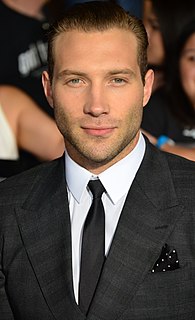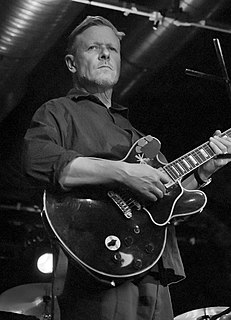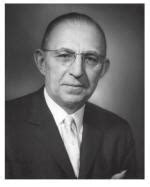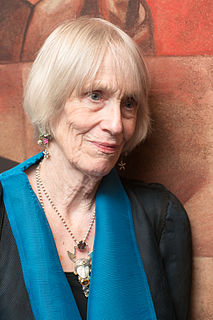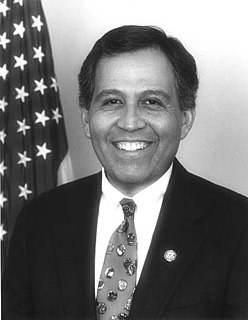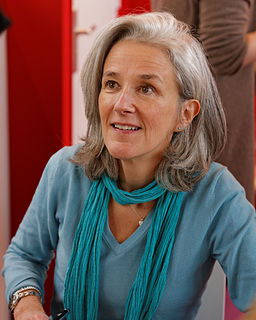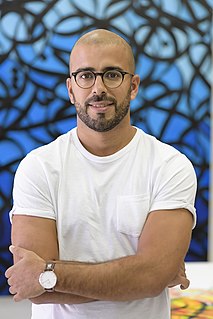A Quote by Natalia Makarova
I really feel sorry for new generation. It's hard to find backbone. I never had crisis of identity. But I think many Americans have it.
Related Quotes
It may be the optimist in me, but I think America has a uniquely powerful and capacious glue internally. The American identity has always been ethnically and religiously neutral, so within one generation you have Italian-Americans, Irish-Americans, Chinese-Americans, Jamaican-Americans - they feel American. It's a huge success story.
[I was] particularly eager to give voice to the women of my mother's place and generation, who grew up in turn-of-the-century, privileged New England households, who really never had a chance to flower and assess themselves and find out who they were. More than anything, I wanted to give voice to the sort of anger that women of that generation could never express for themselves.
I don't think that there are as many black women or women of color becoming psychiatrists, so we can't find them and then we feel looked at and studied and that's part of what is damaging to us. It's hard to find therapy that is actually a tool for your own liberation. I think we can be really distrustful.
I wanted to say sorry, I wanted to tell her I could not forget the roundup, the camp, Michel's death, and the direct train to Auschwitz that had taken her parents away forever. Sorry for what? he had retaliated, why should I, an American, feel sorry, hadn't my fellow countrymen freed France in June 1944? I had nothing to be sorry for, he laughed. I had looked at him straight in the eyes. Sorry for not knowing. Sorry for being forty-five years old and not knowing.
One night my son was downstairs studying, and he had been up so late all that week, and my husband said, "I feel so sorry for him." I said, "Look, if he's going to become a surgeon" - he is studying to be a doctor - "he's going to have his hard times. I feel sorry for him too, but if he lives in this world he's going to have more hard times. He's going to stay up some more nights." I think we can't shield them from the hard times, even though we'd like to. I say to the children that I teach and to my own - I can't test the ground for you and tell you that's a safe step there.
It's like we're suffering from an identity crisis, and that identity is in our arts and the fact that we don't find it chief amongst our agendas to teach our kids who we are as a nation and the battles we've had on this ground and how they've been successfully resolved. We can't enjoy the fruits of the labor of our ancestors.
I sometimes think about that, when I finish in something big I find it even hard, I feel like I lose an actual noticeable percentage of my reading time. Even on the reader end I find it so hard when a book that I love so much ends, to find the kindness to enter into a new one. Do you know what I'm saying? To find my way in, I feel like even there's that space after. I just love inhabiting a book that hits right.


